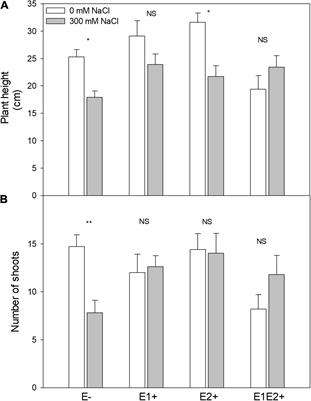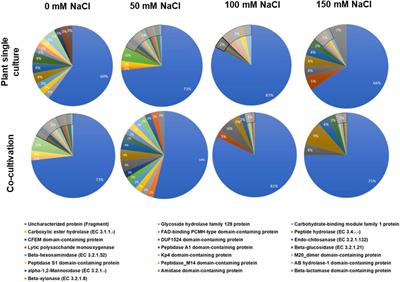EDITORIAL
Published on 30 Mar 2023
Editorial: Molecular and biochemical effects exerted by the interaction of symbiotic microorganisms with plants to improve their response to environmental stresses
doi 10.3389/fevo.2023.1183310
- 955 views
- 1 citation
2,150
Total downloads
11k
Total views and downloads
EDITORIAL
Published on 30 Mar 2023
ORIGINAL RESEARCH
Published on 07 Jan 2022

ORIGINAL RESEARCH
Published on 04 Jan 2022

ORIGINAL RESEARCH
Published on 16 Dec 2021
